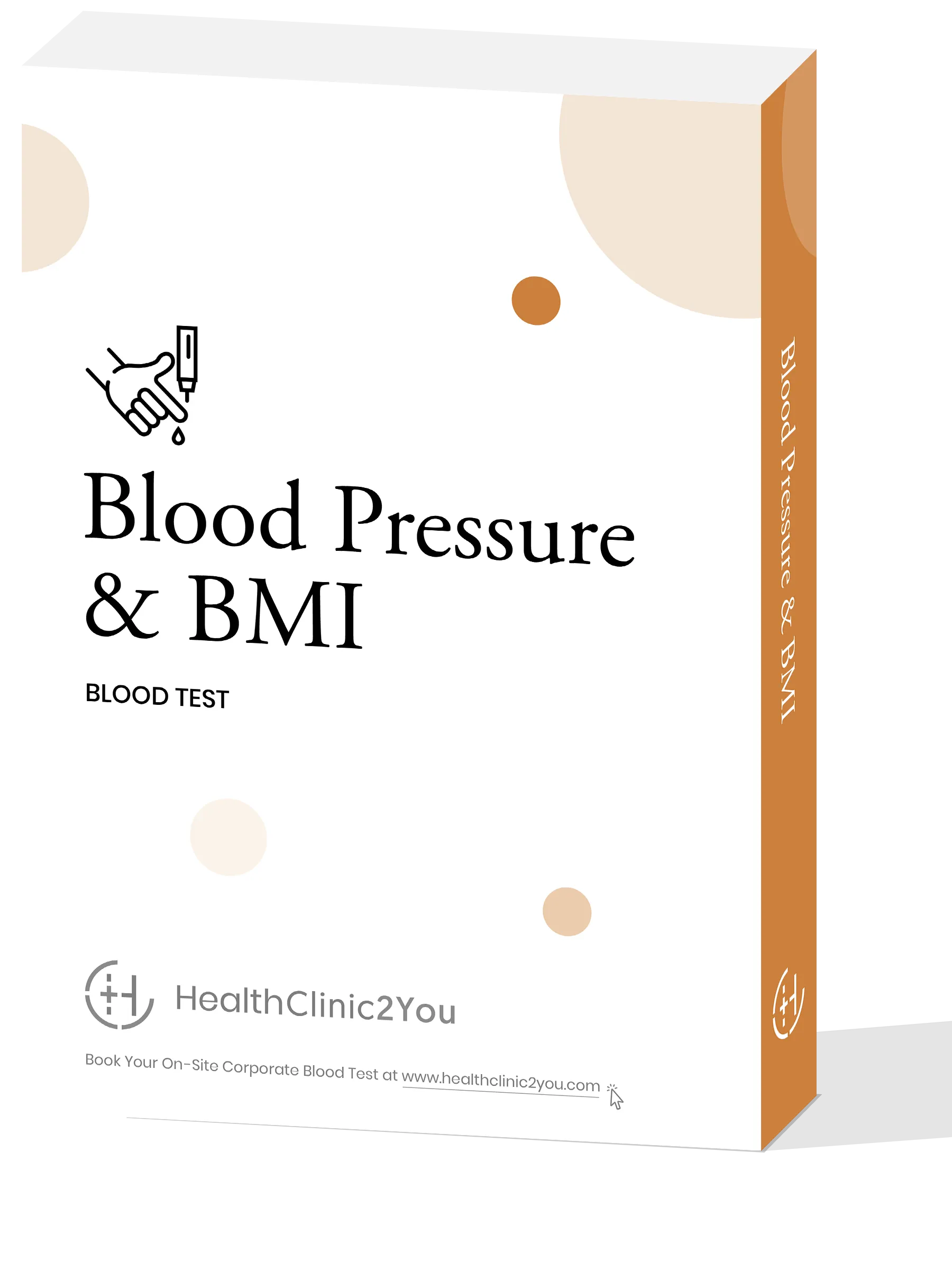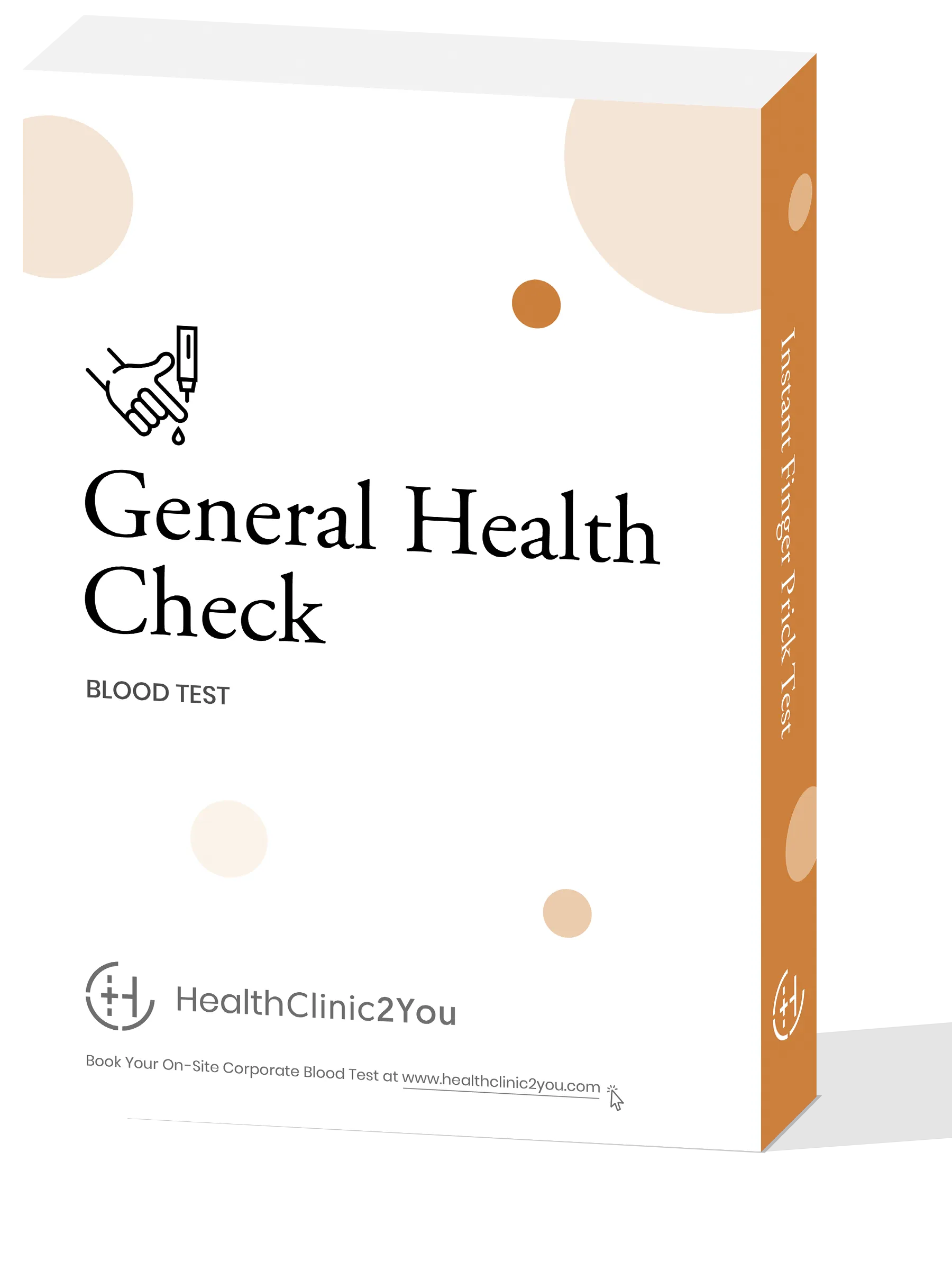Triglyceride
Cholesterol
Triglycerides are a type of fat found in your blood. When you eat, your body converts any calories it doesn’t need to use right away into triglycerides. The triglycerides are stored in your fat cells. Later, hormones release triglycerides for energy between meals. If you regularly eat more calories than you burn, particularly “easy” calories like carbohydrates and fats, you may have high triglycerides.
A simple blood test can reveal whether your triglycerides fall into a healthy range:
- Normal: Less than 150 milligrams per deciliter (mg/dL), or less than 1.7 millimoles per liter (mmol/L)
- Borderline high: 150 to 199 mg/dL (1.8 to 2.2 mmol/L)
- High: 200 to 499 mg/dL (2.3 to 5.6 mmol/L)
- Very high: 500 mg/dL or above (5.7 mmol/L or above)
High triglycerides can contribute to hardening of the arteries or thickening of the artery walls (atherosclerosis) — which increases the risk of stroke, heart attack and heart disease.
Extremely high triglycerides can also cause acute inflammation of the pancreas (pancreatitis), an extremely painful condition.
If your triglycerides are high, your doctor will recommend lifestyle changes and possibly medications to lower them.
Available Blood Tests







